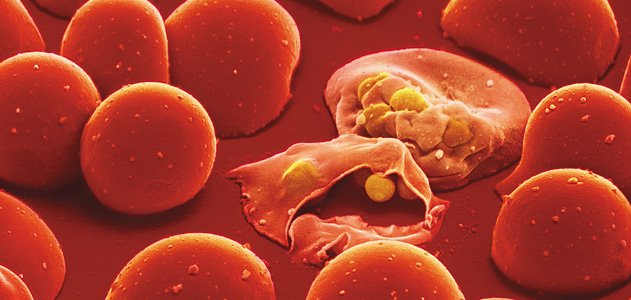The US has accused medical practitioners in the Nigeria of treating ailing malaria without conducting required test.
This was done through the United States Agency for International Development, USAID, which also condemned production of Chloroquine in the Nigeria for the treatment of malaria.
USAID Country Director, Michael Harvey, stated this at the launch of Nigeria Malaria Indicator Survey report in Abuja on Monday. Harvey said despite millions of dollars spent on the disease in the country, the nation had remained too endemic with the condition, even on the continent where other smaller nations had contained it.
Nigeria’s Malaria elimination programme is coordinated by the Federal Ministry of Health through the National Malaria Elimination Programme, NMEP. The organization (including other parastatals in the Federal Ministry of Health) was recently indicted by the Global Fund for grossly mismanaging funds released for eradicating malaria in the country.
Though President Buhari ordered the Economic and Financial Commission, EFCC, to probe the alleged corruption about five months ago, findings of the 2016 commission have not been made public.
Harvey said at the launch of the survey: “What is striking is that there continues to be imported nets, and we do yet have an industry in Nigeria that is producing them at a cost Nigerians can afford. What is very clear from the report however is that there are some immediate to-do in our action list, first people are testing, to see if a fever is malaria.
“And, this is something that should be doable since affordable test kits are readily available either through the public sector or private sector at an affordable cost. Too many medical professionals are still treating without testing and this is easy to fix, but the men and women need to be taught about changing that culture in the Nigerian medical professional.
“Second, we are not treating malaria proper. I am surprise to find out when you travel around Nigeria Chloroquine is readily available and too readily prescribed as a treatment for malaria. Worst, this is actually a major public policy that we have to get on top of. We are still producing Chloroquine in Nigeria, a drug that has no beneficial use either for malaria or any other use.
We have some challenges, and for those who are in the front lines of providing health care to the poorest, and it is always important to bear the greatest burden. We must get on top of these short comings.”




